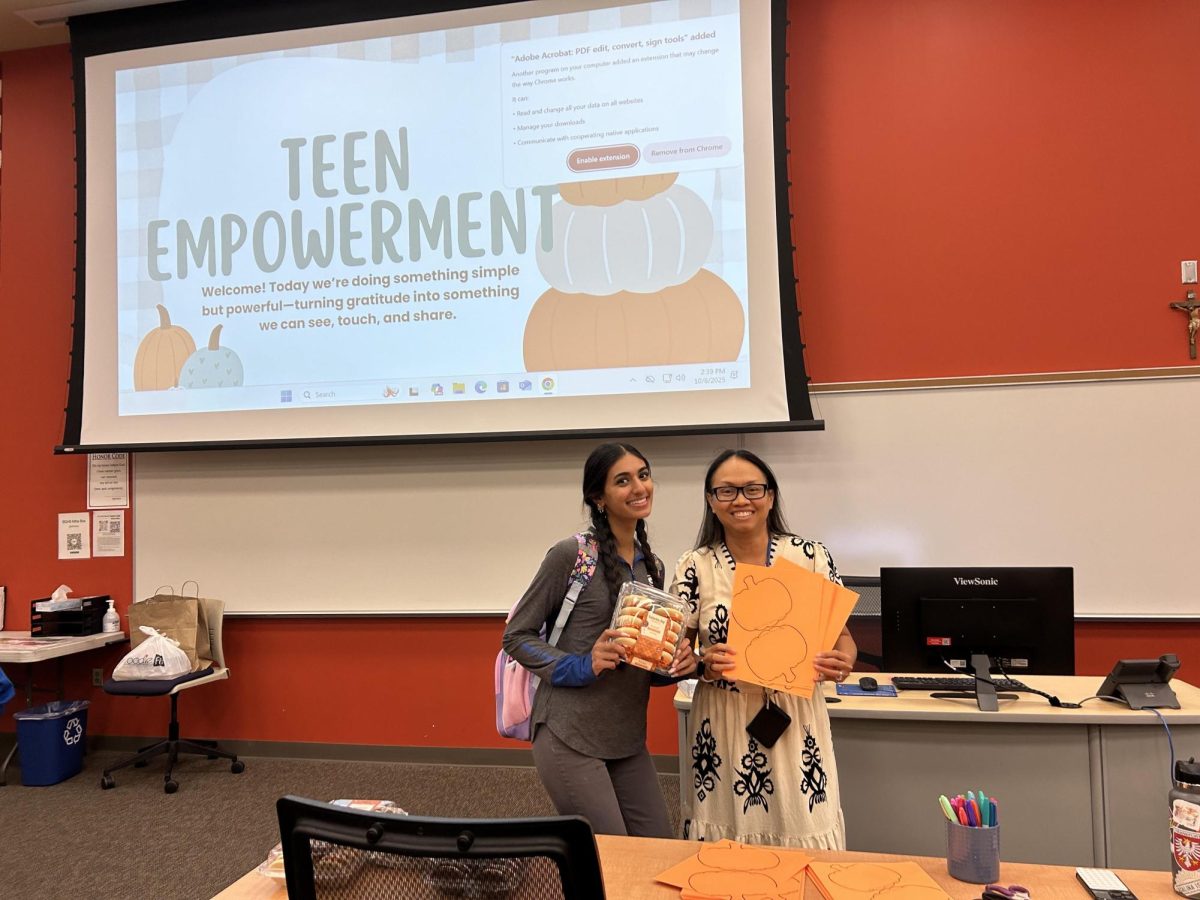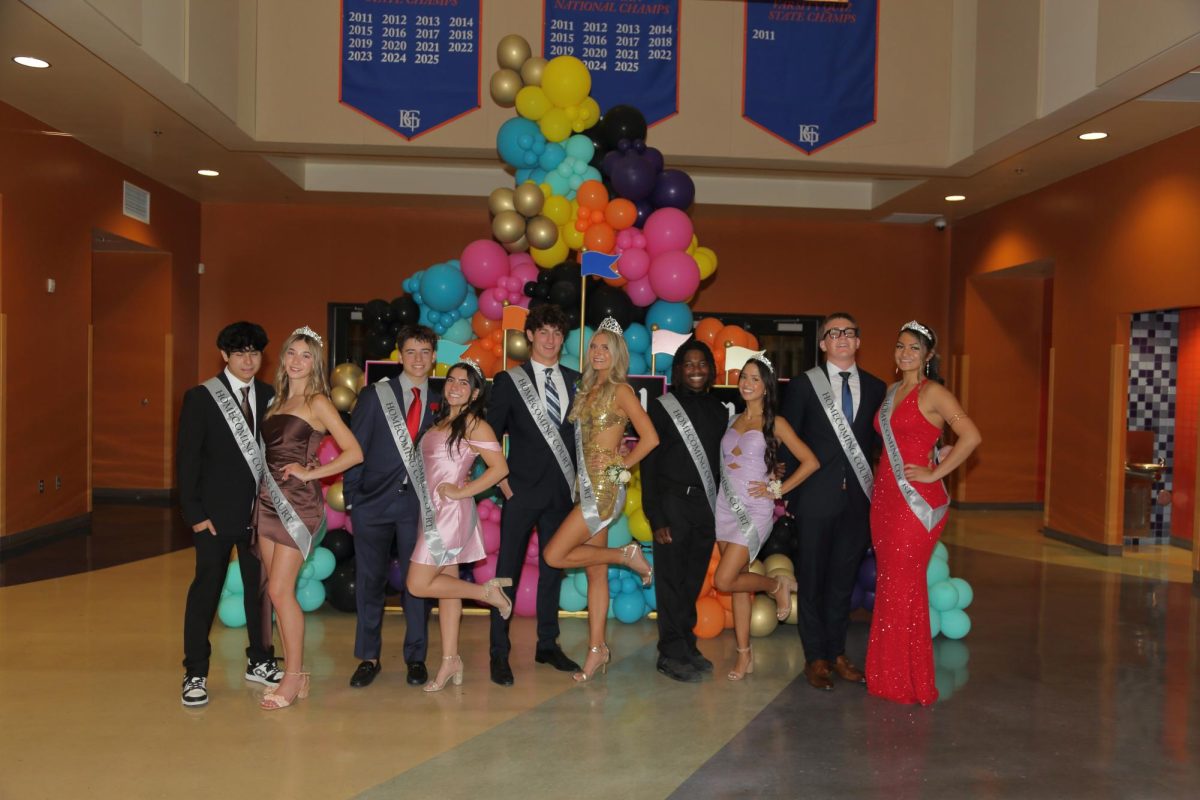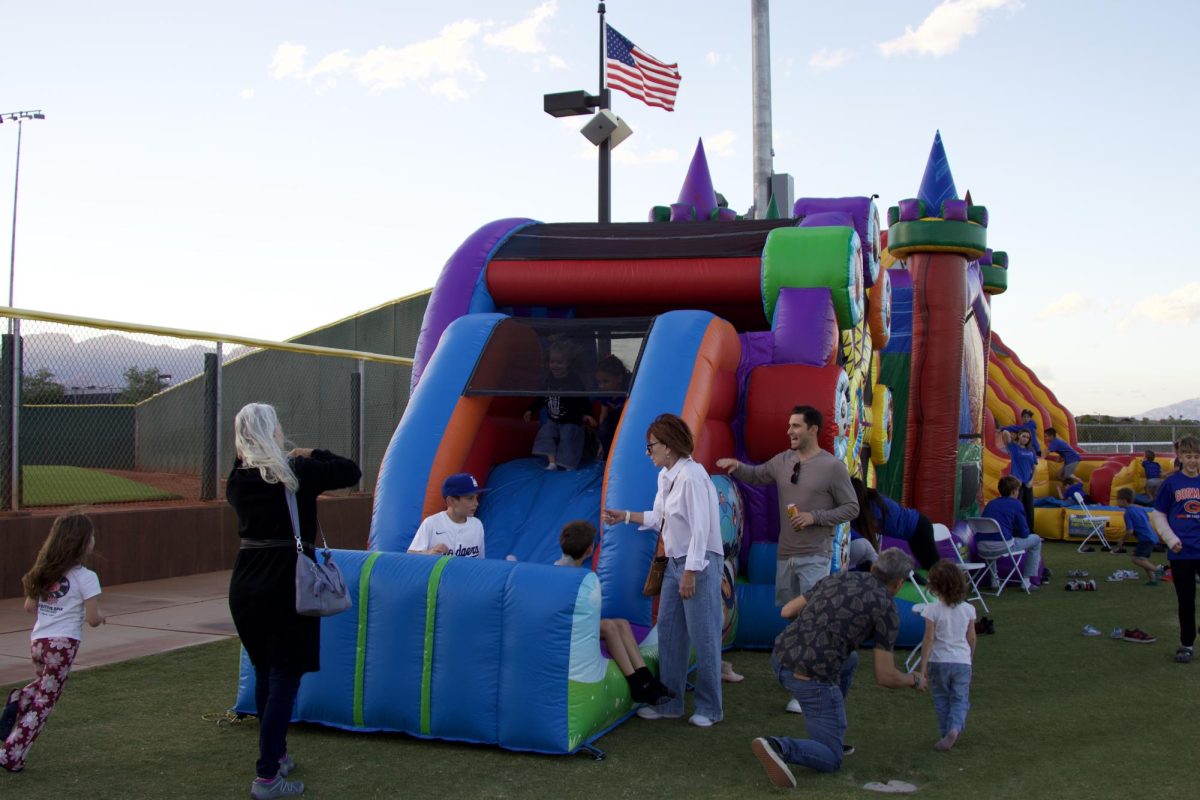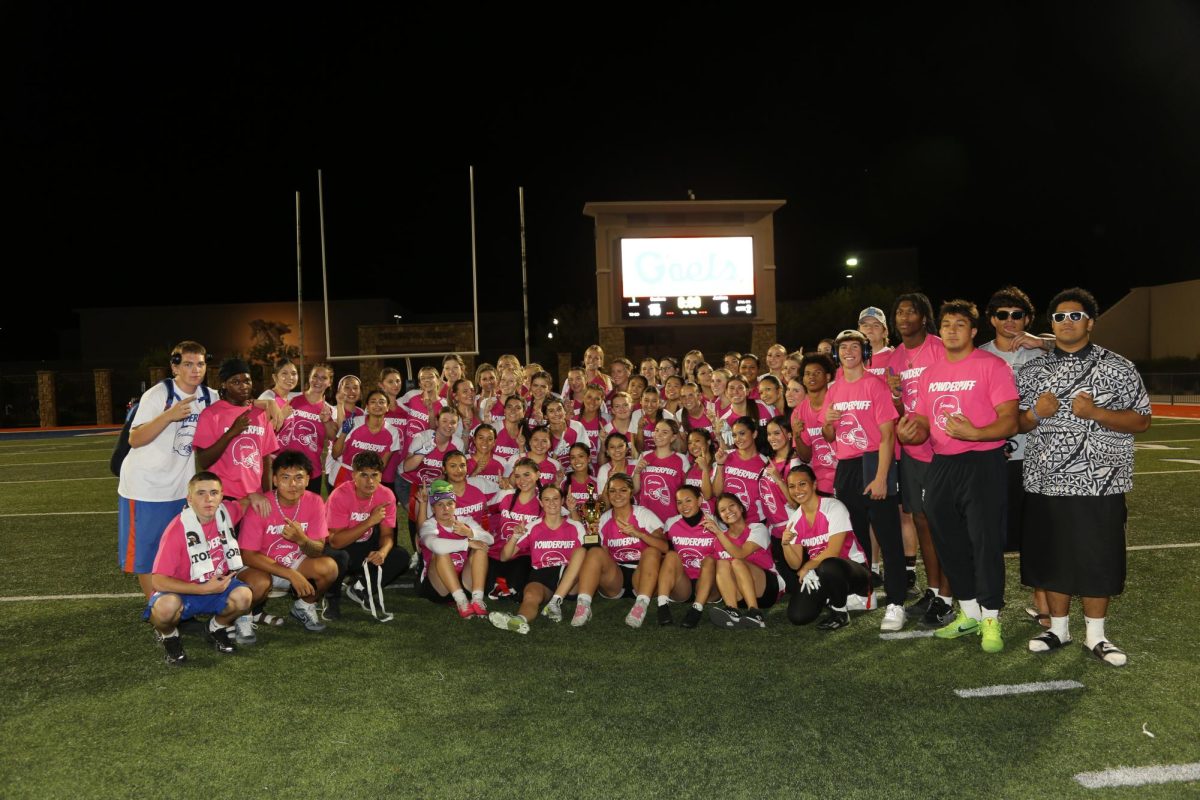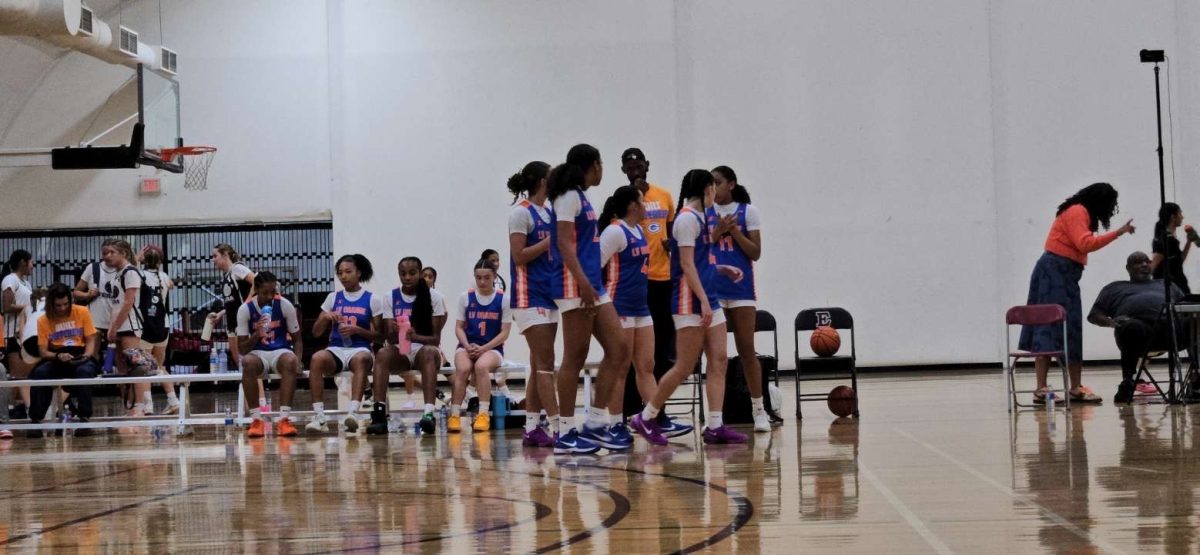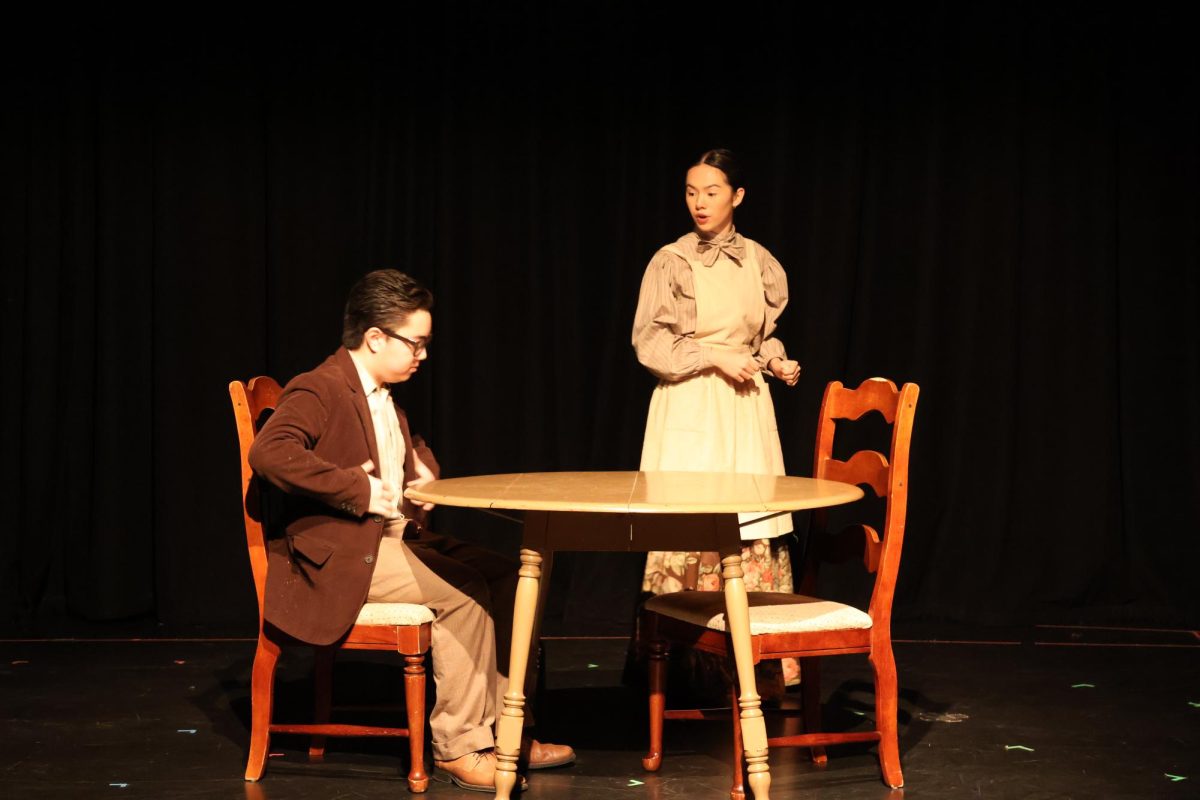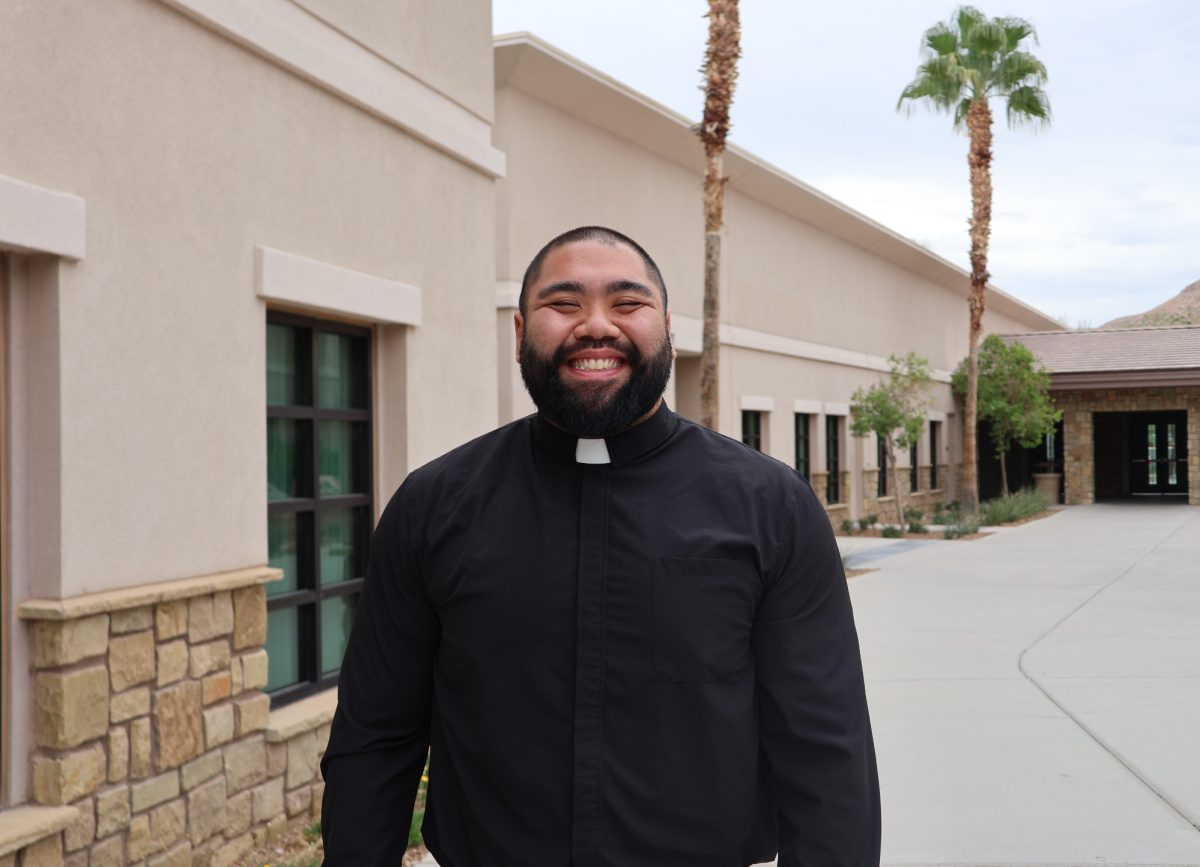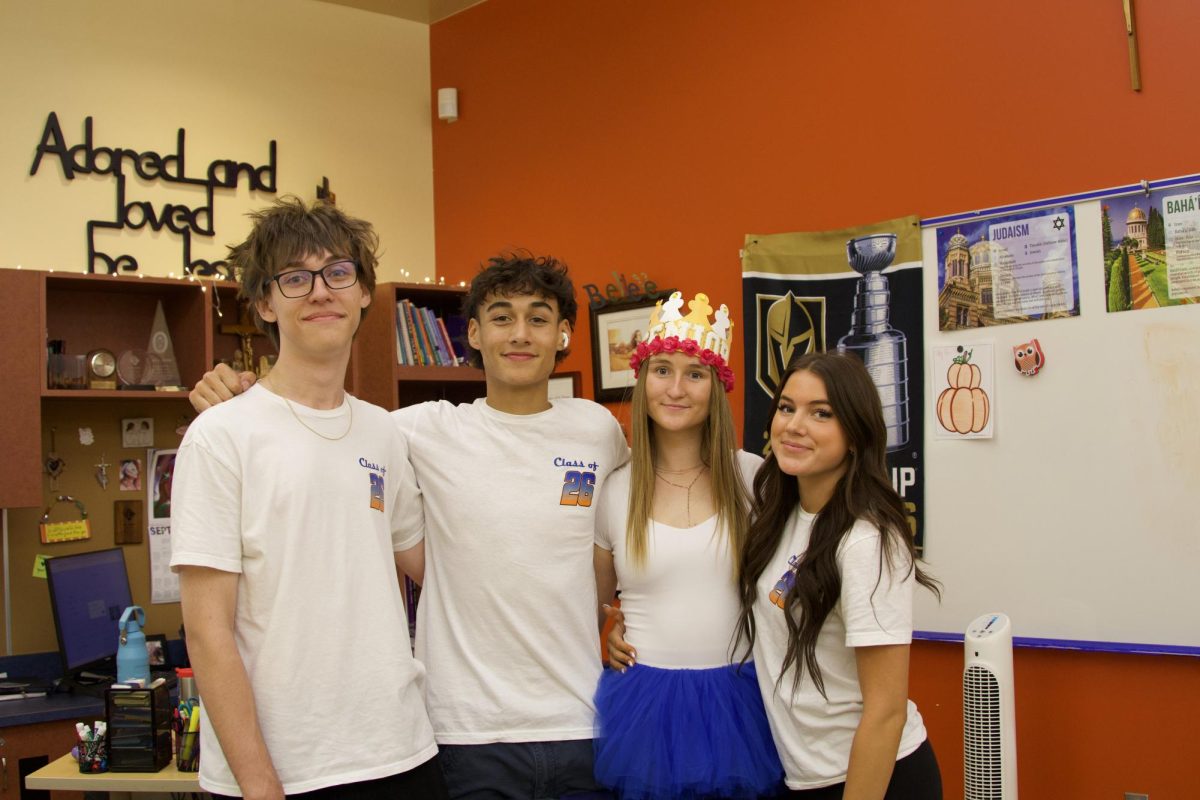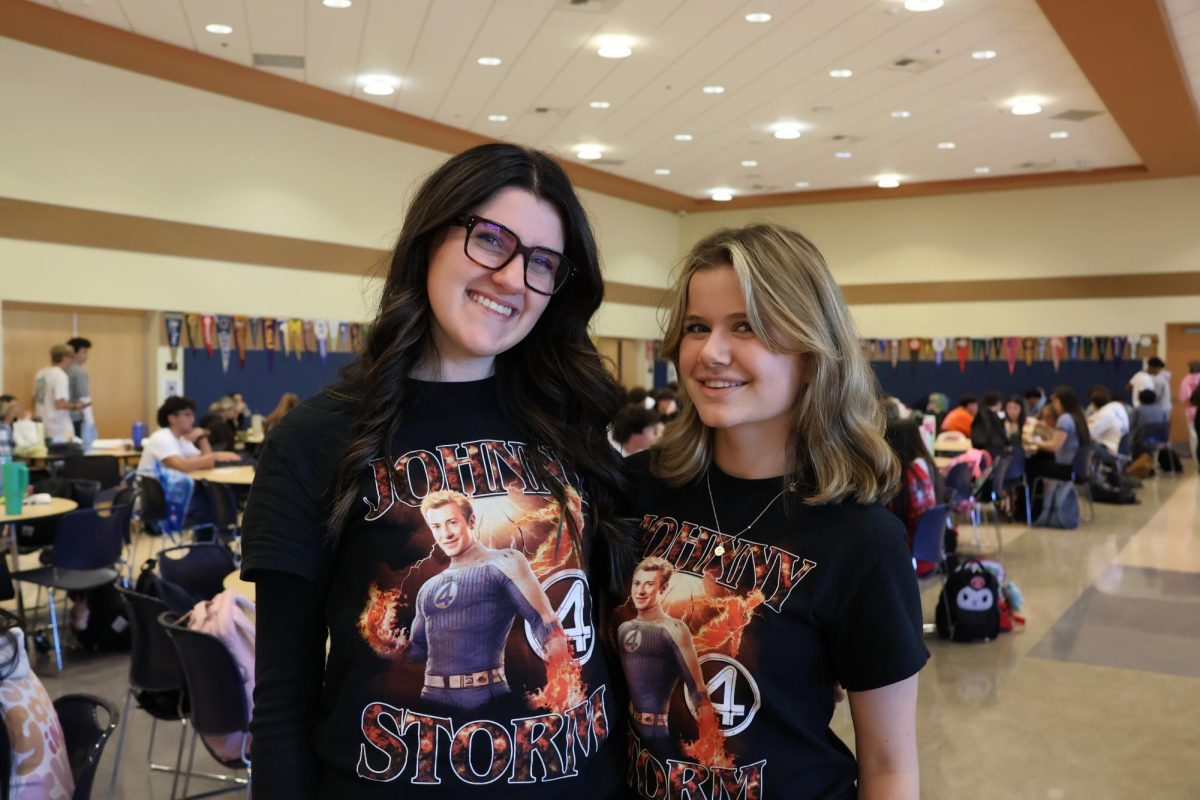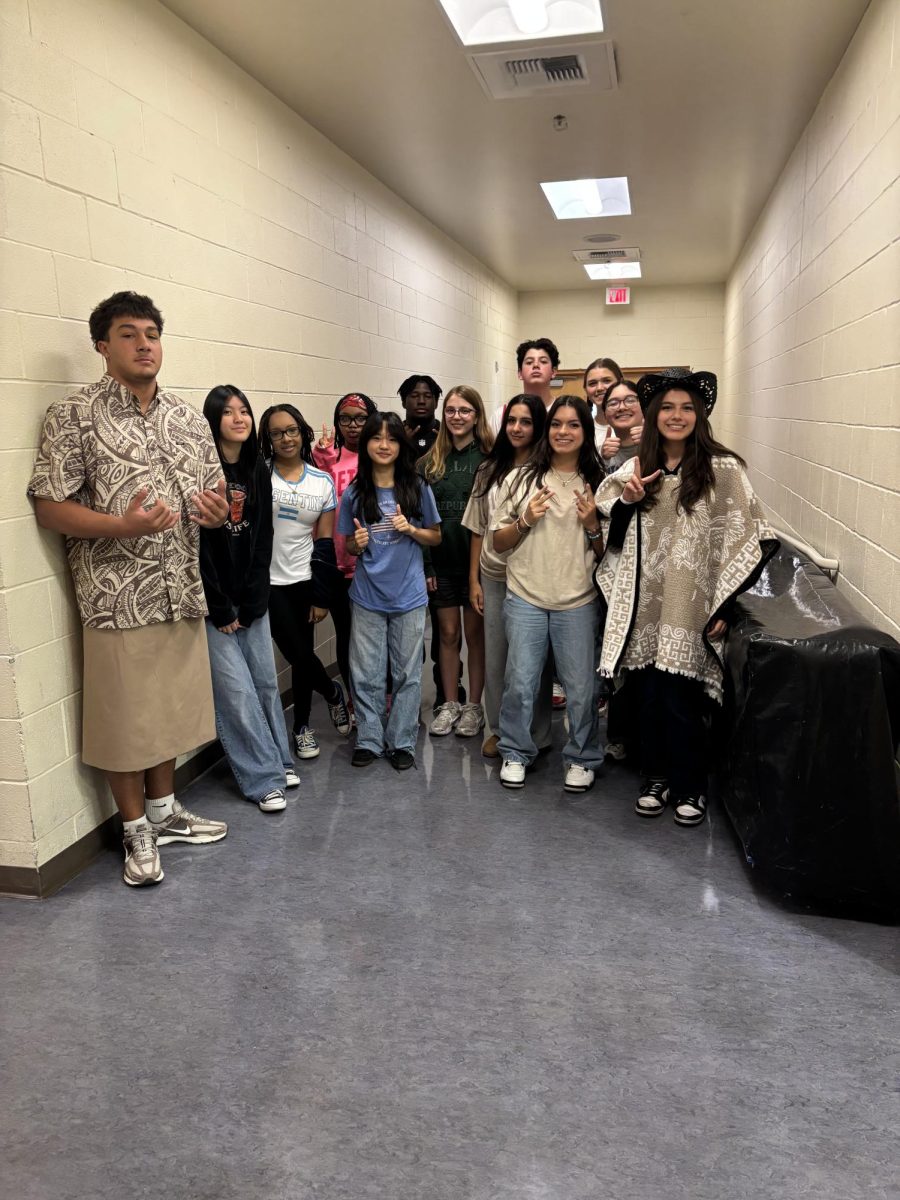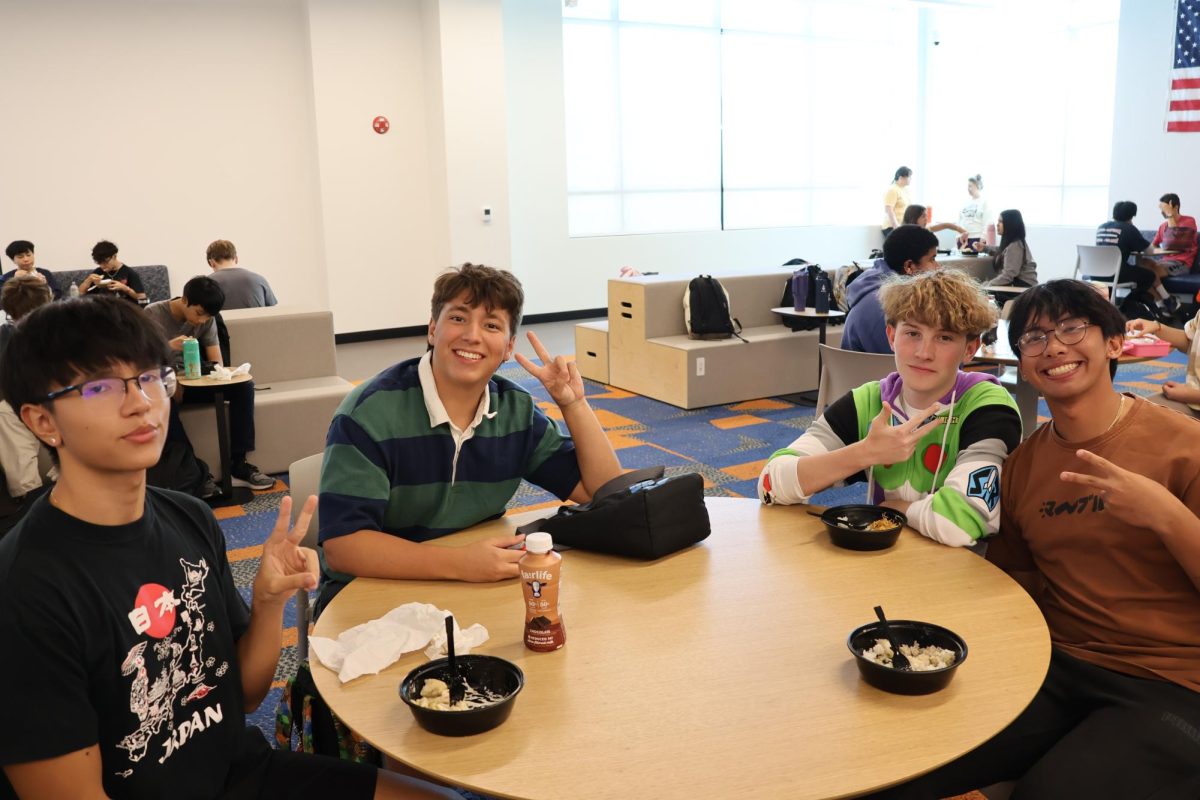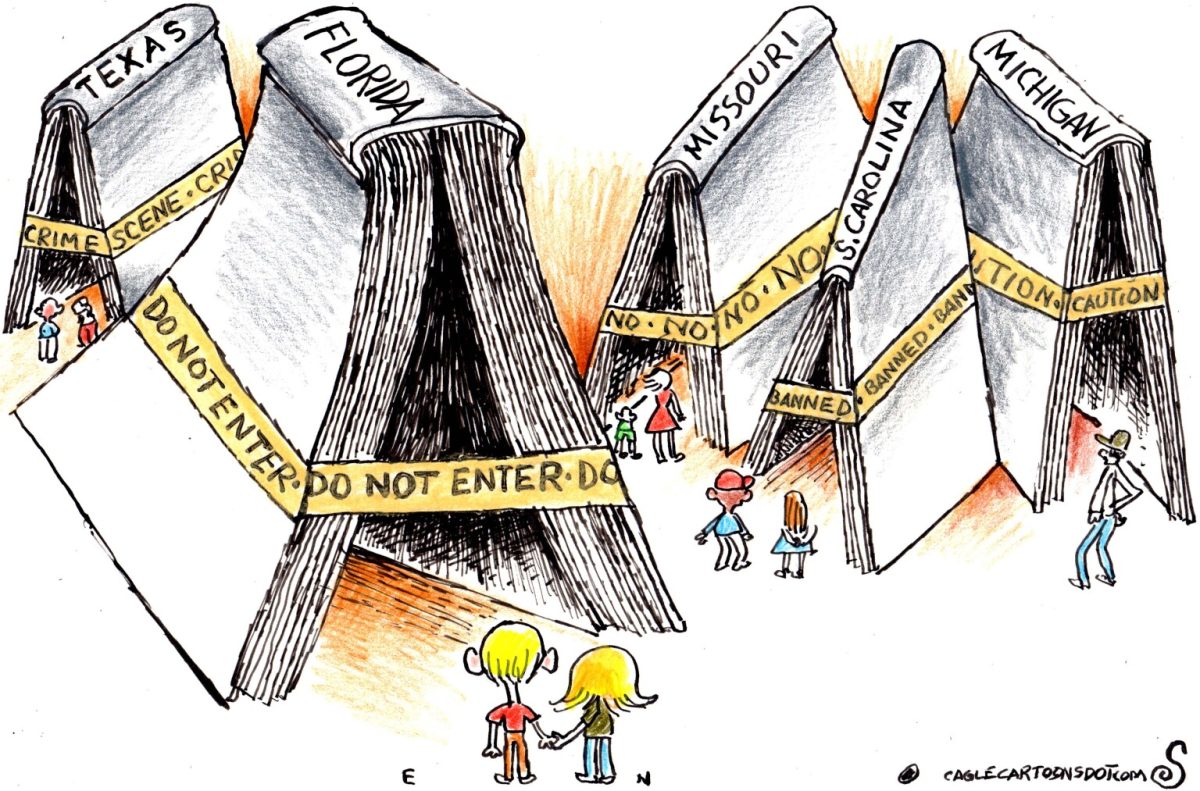Students in Florida are struggling with an ever-increasing list of banned books in their school libraries, limiting their freedoms within the classroom.
The banning of books in school libraries has been an issue for years. Nowhere is the phenomenon more prominent in the U.S. than in the state of Florida. Florida is known for promoting the role of parental control within the public school system.
In 2022, Florida governor Ron DeSantis signed a bill that states parents can control and restrict what books schools are permitted to have in their libraries. Since then, the list has been growing. As of this month, Florida school systems have banned over 1,000 books. According to the Florida Department of Education, amongst them are well-known titles, including Leo Tolstoy’s Anna Karenina, Kurt Vonnegut’s Slaughterhouse Five, and Ernest Hemingway’s For Whom the Bell Tolls.
Not only are books being banned for those in the younger grade levels, but many of these bans extend to the high school grades as well.
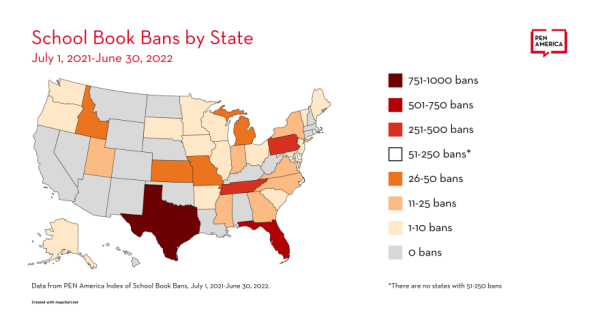
When asked about this, Joseph Alatorre ‘25 stated “I don’t think for the high school audience they need to be banned. I think that we’re getting to the age where we’re branching out into adulthood.” Once children reach high school, they are exposed to new content, perspectives, and opinions that allow them to broaden their perception of the world.
Schools are, ultimately, a place of learning. While many parents think that they have their childrens’ best interests at heart, they do not consider that without being exposed to controversial or uncomfortable subject matter for some, many educators believe they are inhibiting their children’s growth, and inhibiting them from maturing as well as they could.
AP English Literature teacher Dr. Steffensen said about this: “I think that if you’re never exposed to ideas that make you uncomfortable, then you’re probably not going to be prepared for those things when you inevitably encounter them in real life.” Without reading about these differing perspectives, students are ill-prepared to encounter and deal with these issues in the world after school.
The state of Florida has faced lawsuits over this matter before, according to Florida newspaper The Tallahassee Democrat. As of right now, there is an ongoing case against the state of Florida over the ban of Margaret Atwell’s The Handmaid’s Tale. When faced with pushback from students, teachers, and parents, the government argued that they are allowed to enact bans on these books because it constitutes “government speech.” This argument is extremely controversial amongst citizens. If the state wins this court case, it could have some controversial implications.
The issue of banning books in schools sets a frightening precedent for the future. Many who see this situation are reminded of Ray Bradbury’s Fahrenheit 451, which has, ironically enough, been banned, or heavily censored in the past. If students do not have the freedom to interact with content that does not fit the overall narrative their parents and teachers want to enforce, it poses a threat to their right to knowledge, and ability to form their own opinions.
As acclaimed, and famously censored author Judy Blume once said, “Let children read whatever they want and then talk about it with them. If parents and kids can talk together, we won’t have as much censorship because we won’t have as much fear.”



